
Ethiopian Electric Utility (EEU) set up a radio communication system, Astor, at Entoto, built by Motorola Solutions at a cost of 1.8 million dollars.
The system, which is effective in Addis Abeba and its surroundings, is expected to assist in improving the safety of grid operations and maintenance.
The communication system is equipped with digital radios: 300 hand radios, including 200 types of equipment that will be customised to be used on cars and others that will be fixed on call centres and random maintenance centres.
The site, which is located at the highest point in Addis Abeba, is also powered by a hybrid-electric and solar-powered system and includes a backup energy solution to ensure communication at all times.
The Motorola system will replace the current analogue system that has been out of service since 2014 because of a lack of spare parts. The company has been using cell phones for communication purposes since then.
“Using a cell phone for communication has many challenges, since it is a one-to-one communication system,” said Chumala Samuel, automation technology and energy manager of Addis Abeba. “However, the new system quickly connects with others through compliant interoperability.”
The radio communication system uses eight radio channels simultaneously programmed in six different groups.
The Israel subsidiary of the US-based global electronics and telecommunication corporation, Motorola Solutions, signed an agreement with EEU after winning the tender for the radio communication project in July 2017. The project is being implemented in two chapters.
The first chapter, inaugurated last week, covers Addis Abeba and its surroundings, while the second chapter will be covering another 13 selected places outside of the capital.
The full implementation of the system is in its second phase, which is set to cost EEU 4.2 million dollars and will begin in the current fiscal year.
“As a grid operator, two of our major concerns are the safety of our employees and the level of service we provide to our customers in order to achieve a reliable communications system to support our teams’ mission-critical needs," said Shiferaw Telila, CEO and automation chief of the EEU.
The Utility believes the new system will facilitate its services to its customers and speed up the time used to require maintenance and reduce the danger that may be caused because of the information gap.
“Our approach to safety led us to choose a system deployed by top mission-critical users globally,” Shiferaw added.
Motorola, a data communications and telecommunications equipment provider, also built a public safety radio communication system for the Federal Police Commission. It allows for the integrated communication of the police, fire rescue, ambulances and other rescue workers.
"We are proud to partner with Ethiopia's national electrical utility company, helping them in their mission to provide better service to their customers while maintaining the safety of their employees," said Yuval Hanan, East Africa regional manager for Motorola Solutions.
Experts in the area understand the reason why the Utility wanted to move away from its analogue system.
“The analogue system had a high energy consumption and a weak software management system,” said Yihenew Wondie (PhD), a lecturer at Addis Abeba Institution of Technology's School of Electrical and Computer Engineering.
However, the expert has concerns on why the EEU deployed a system developed by an international company.
“Ethio telecom has an already established and mature network-compatible platform for the digital radio system,” the expert added.
In Ethiopia, the demand for electricity increases by 13pc each year, and the electricity coverage of the nation has reached 58pc.
The country currently generates 4,300MW of power, of which 90pc is produced from hydropower, while eight percent is generated from wind and two percent from thermal sources.
Ethiopia has a potential of generating over 1.4 million megawatts from hydroelectric, solar, geothermal and wind sources, according to internal studies.
Currently, 58,000 households are waiting to get electric service in the country.
PUBLISHED ON
Sep 28,2019 [ VOL
20 , NO
1013]
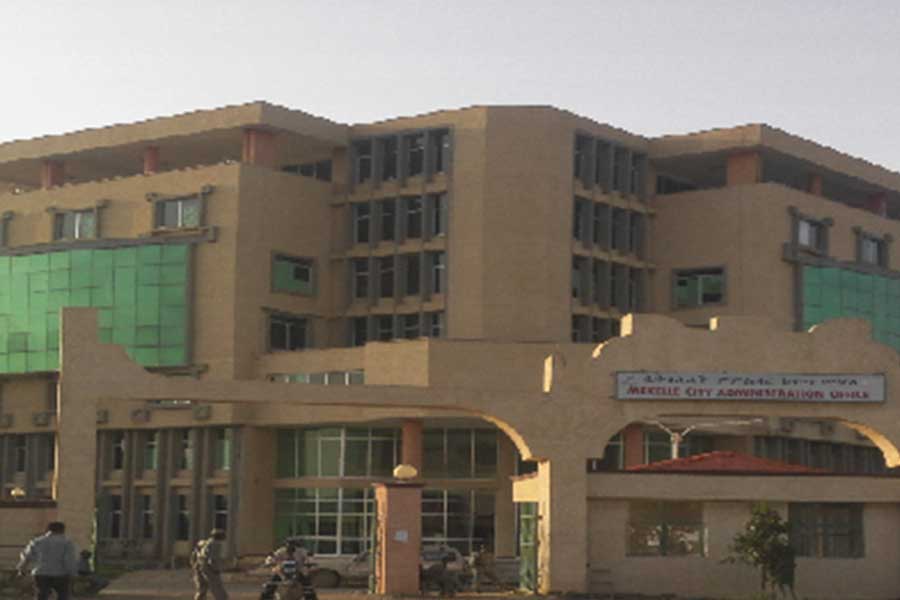
Fortune News | Aug 22,2020

Radar | Jan 07,2023

Life Matters | Jul 18,2021

Fortune News | Sep 18,2022

Radar | Dec 24,2022
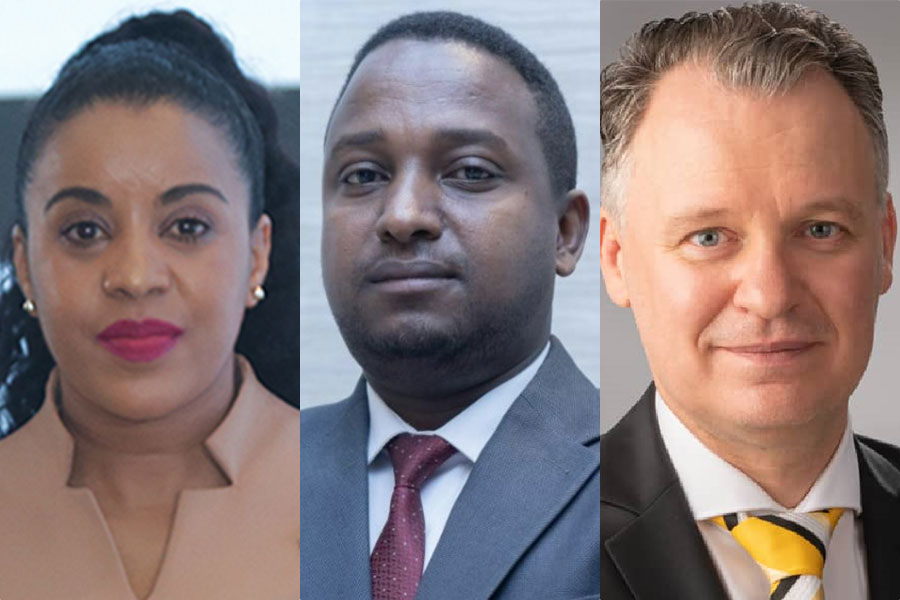
Fortune News | Oct 14,2023
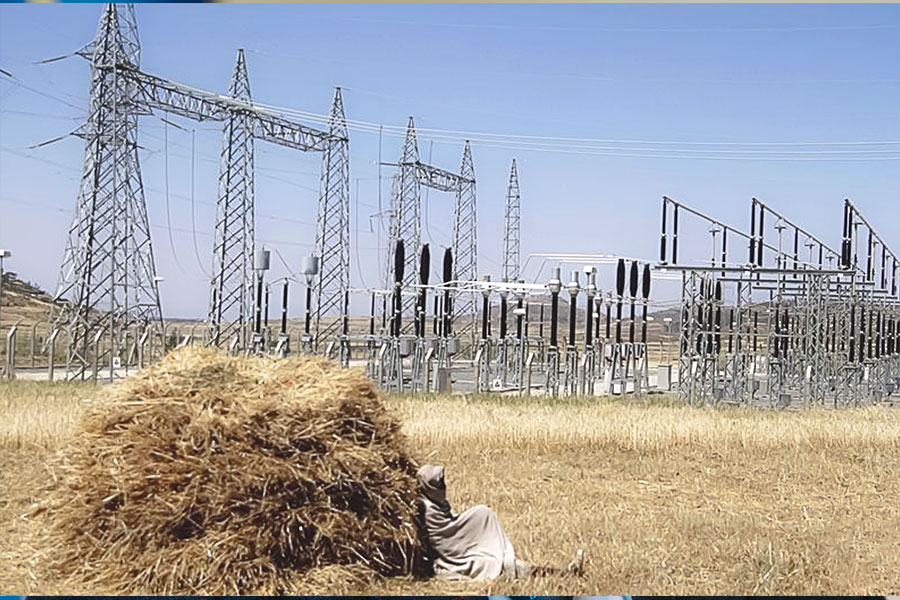
Fortune News | Nov 05,2022
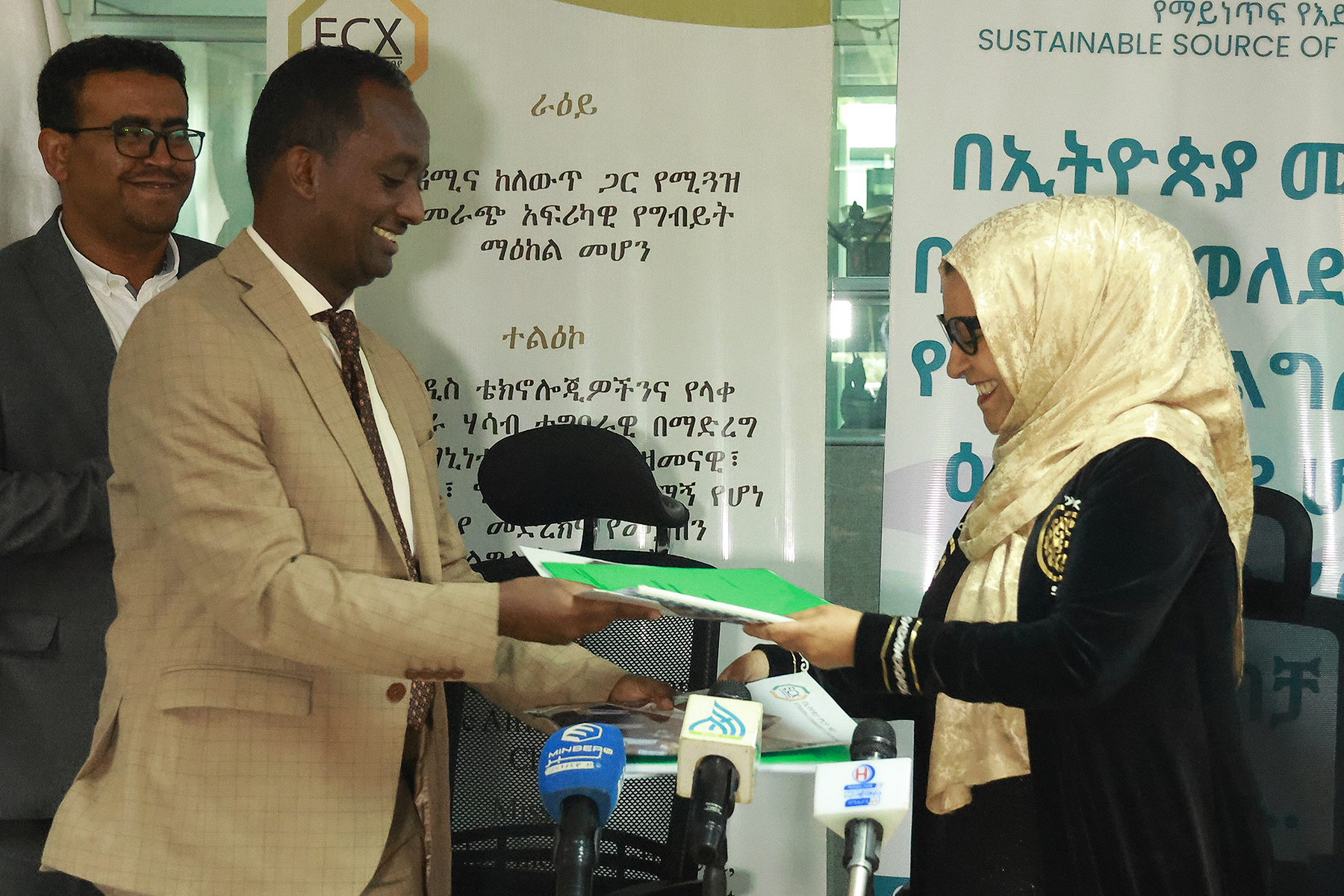
Radar | Apr 08,2024

Fortune News | Feb 19,2022
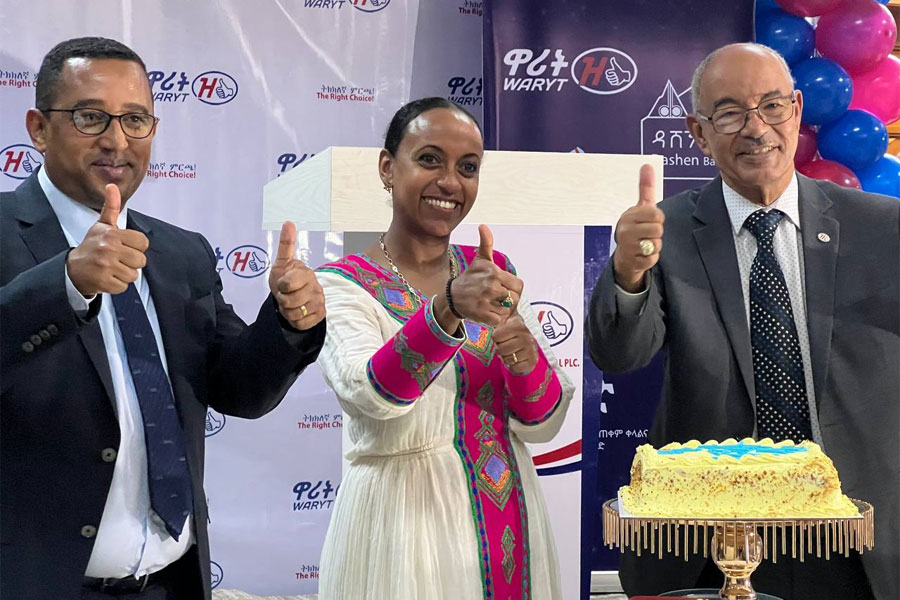
Radar | Apr 03,2023

Dec 22 , 2024 . By TIZITA SHEWAFERAW
Charged with transforming colossal state-owned enterprises into modern and competitiv...

Aug 18 , 2024 . By AKSAH ITALO
Although predictable Yonas Zerihun's job in the ride-hailing service is not immune to...

Jul 28 , 2024 . By TIZITA SHEWAFERAW
Unhabitual, perhaps too many, Samuel Gebreyohannes, 38, used to occasionally enjoy a couple of beers at breakfast. However, he recently swit...

Jul 13 , 2024 . By AKSAH ITALO
Investors who rely on tractors, trucks, and field vehicles for commuting, transporting commodities, and f...

Jun 28 , 2025
Meseret Damtie, the assertive auditor general, has never been shy about naming names...

Jun 21 , 2025
A well-worn adage says, “Budget is not destiny, but it is direction.” Examining t...

Jun 14 , 2025
Yet again, the Horn of Africa is bracing for trouble. A region already frayed by wars...

Jun 7 , 2025
Few promises shine brighter in Addis Abeba than the pledge of a roof for every family...